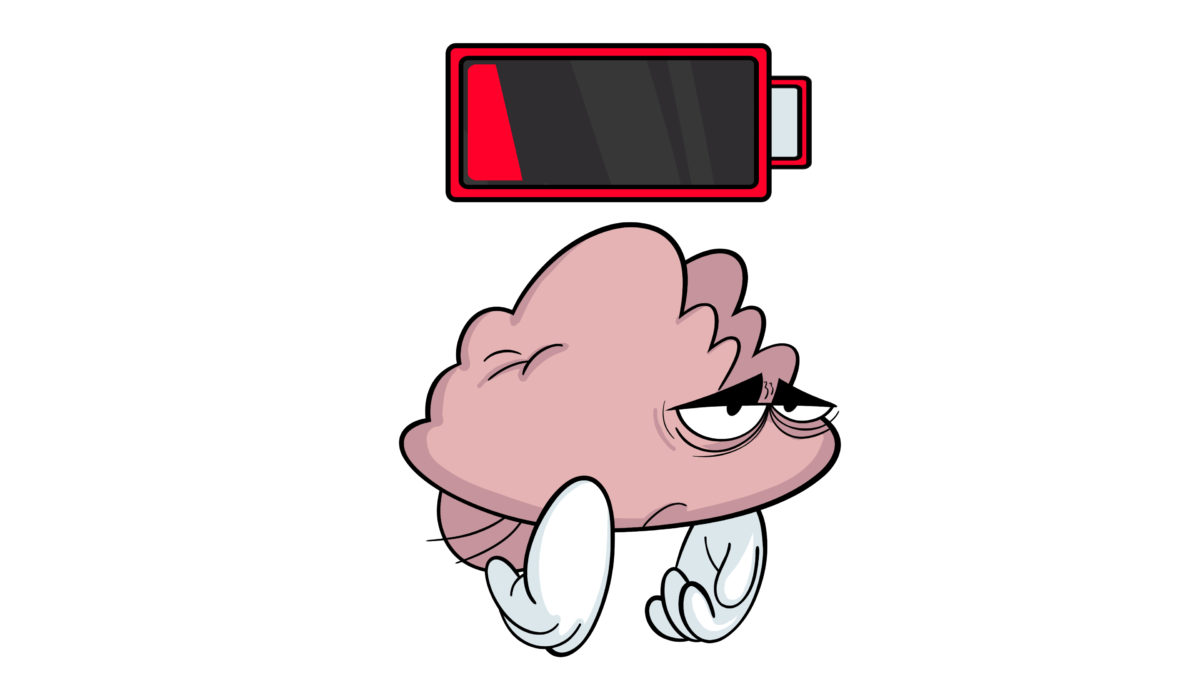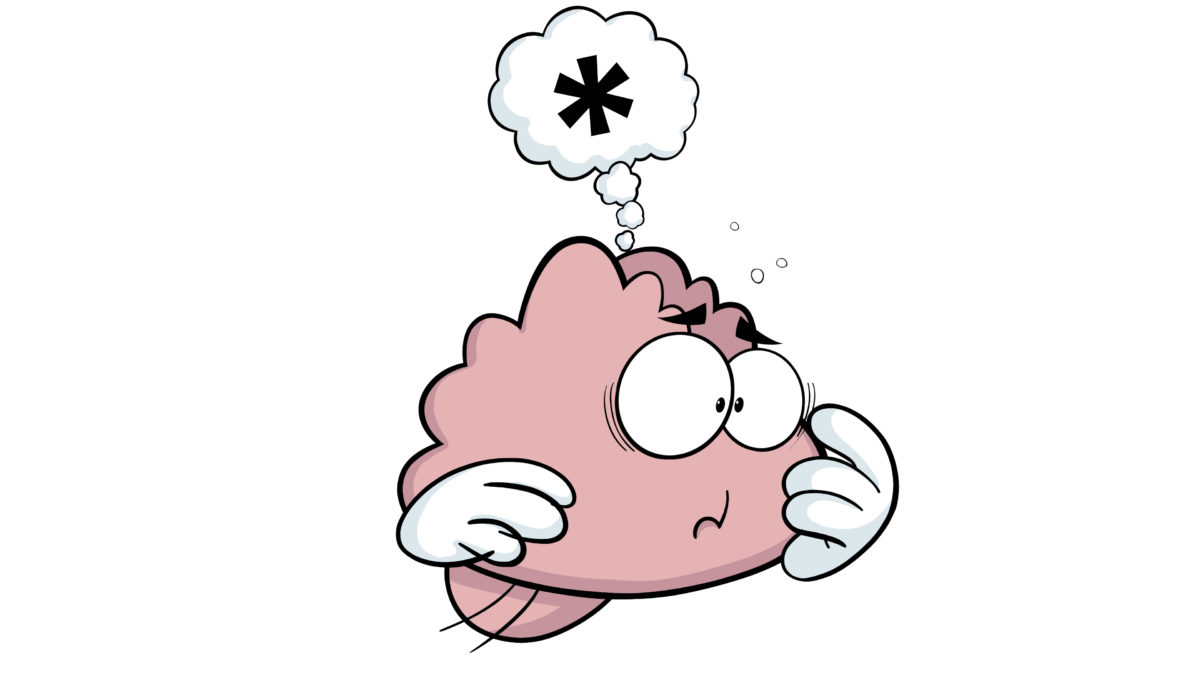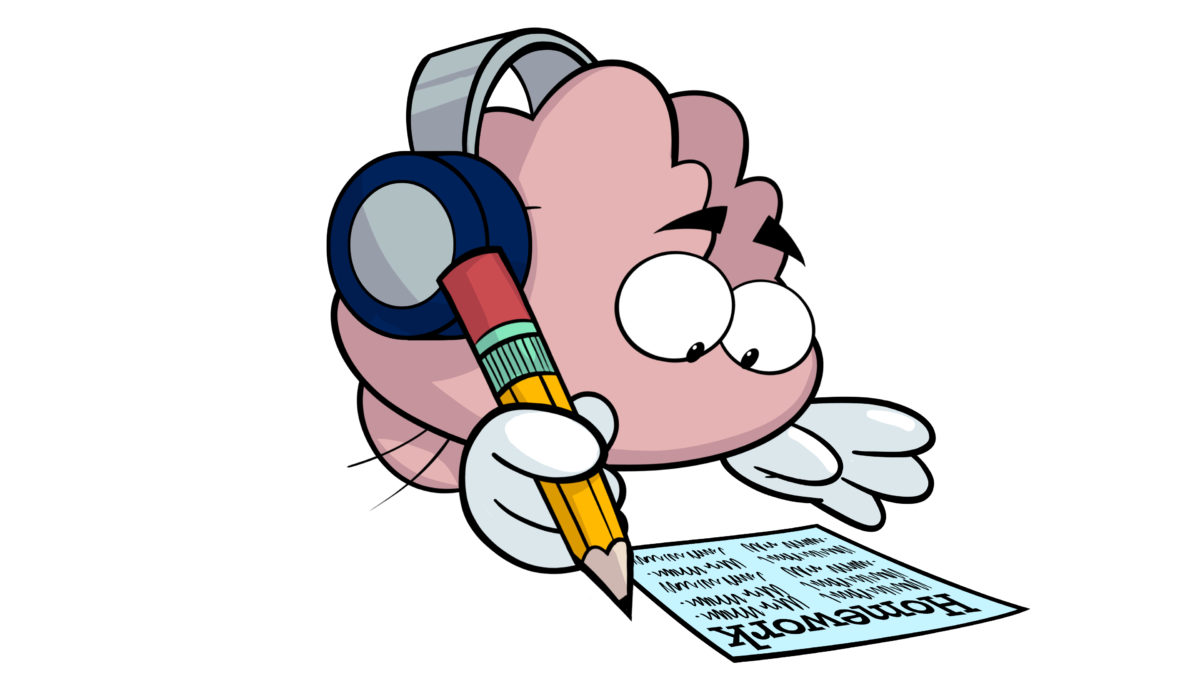Often, after a brain injury, a person’s cognitive, or thinking, abilities change because of the changes the brain has undergone. Teens with a brain injury often have problems in three main areas:



Some abilities are simple and can quickly return after a brain injury; for example, knowing your birthday. Other skills require more complicated connections among different parts of the brain; these abilities come back more slowly. Some very complex skills, such as the quick decision-making needed to do competitive debate, may never recover completely after a brain injury.

Organization: It is common after a brain injury to have difficulty organizing behavior or thoughts. It may be hard to pay attention to what is going on around you, to plan what you need to do, and to follow through with plans that you make. Often, teens with a brain injury appear fine until they face new or complex tasks requiring good organization.
Attention: After a brain injury, teens often have difficulty screening out distracting sounds and focusing their attention on what they're doing. It may be hard to figure out what to focus on and what to ignore. Teens with a brain injury often have difficulty paying attention to boring or hard tasks, and have trouble switching between tasks or doing more than one thing at a time.
Memory: A brain injury often hurts the ability to remember new information. Teens may have trouble easily taking in, remembering, and using new information.
Perception: Perception involves the ability to sort, prioritize, and generalize information. Often, pieces of a puzzle may be understood, but putting them together is difficult. While you may still hear and see as well as before the injury, you may have trouble making sense of complex or poorly organized information.
Reasoning and Judgement: Reasoning, problem solving, and judgment affect your schoolwork, behavior, and social life. When reasoning is impaired, teens may make poor decisions and have trouble with real world problem solving.
Speech and Language Abilities: A brain injury can change your ability to understand language. You may have difficulty understanding long, complicated sentences, questions, and abstract vocabulary. It might also be harder for you to put your thoughts and feelings into words at times of stress, confusion, or tiredness.
Possible changes you might notice:
Source: Jeanne E. Dise-Lewis, Ph.D, et. al (2002). BrainSTARS. Washington, D.C.: US Department of Education.
Sometimes after a brain injury, it is hard to tell whether changes are normal or are a result of the brain injury. You may be unsure of when you are back to “normal” or what normal is anymore.
Click the buttons below for some basic information on abilities for teens in certain age groups. Keep in mind that these lists are based on averages and you might have been different from these guidelines even before the injury.
Developmental achievements:
Brain injury at this stage typically causes:
Interventions:
Developmental achievements:
Brain injury at this stage typically causes:
Interventions:
Source: Jeanne E. Dise-Lewis, Ph.D, et. al (2002). BrainSTARS. Washington, D.C.: US Department of Education.